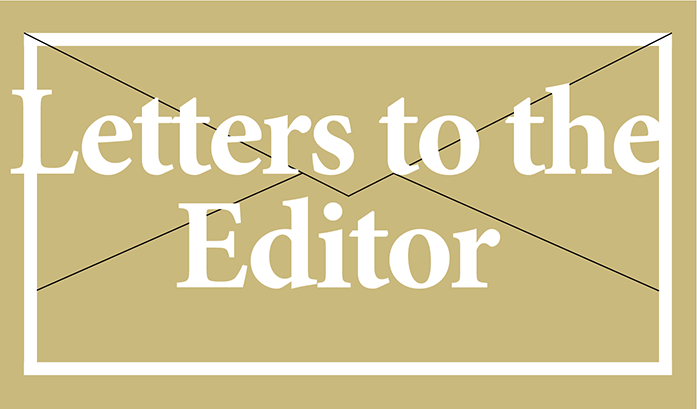Unpopularity wins
Et tu, fellow countrymen:
A recently published Associated Press-GfK poll conducted July 7-11 has reported what masses of Americans already know: the prospect of either Hillary Clinton or Donald Trump getting elected president leaves 81 percent of them fearful of what awaits the nation’s future.
In spite of this overwhelming concern of a majority of Americans, some members in both the Democratic Party and Republican Party insist that their party respectively nominate one of these two broadly distrusted individuals.
Those so insisting cannot envision the aftermath to be suffered by all with the election of either one of these into office in time and circumstance in which a most accepted leader would find it extremely difficult to be effective and one held in as much loathing as either of these two to find it impossible.
Why would anyone want to do this to their loved one, themselves, their country, and the political organization via which they try to make a positive difference? Any explanation one can come up with will post election mean little to a fearful 81 percent and the half (9.5 percent) that were most positive about supporting the losing candidate. This forms together a 90.5 percent very ill-at-ease majority and leaves to most face the music of discontentment a remaining 9.5 percent of party members and added friends that deliberately served up to the nation one of the most unpopular elected nominees to ever enter into office. Regretfully angry will be some of the less sure winning swing vote of c. 41 percent that got talked or talk themselves into voting for the winner out of greater fear and abhorrence of the loser. The stoking of antipathy is currently the major thrust of both campaigns; however, when the election is over and the loser is out of sight and out of mind, some will take time for some regrets, and it won’t be about not getting what wasn’t wanted.
Fellow Democrats and loyal Republicans, we might hark back to words Shakespeare left coming from the mouth of Cassius: “The fault, dear Brutus, is not in our stars but in ourselves, that we are underlings.”
Thus spoke Cassius to his friend and fellow party member, Brutus, in trying to persuade him that it was in the best interests of the public to stop Julius Caesar from becoming monarch of Rome. What say we here and now when caught with a two-faced face-off?
— Sam Osborne



